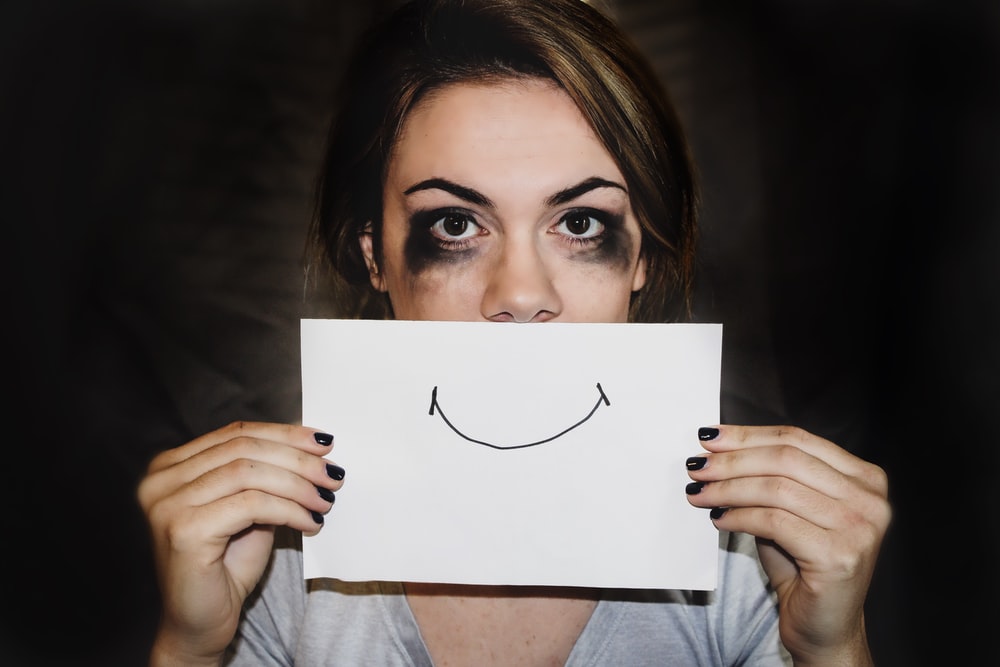Our daily anxieties can interfere with our happiness if we let them. While dealing with anxiety may pose a challenge, you can use dozens of techniques to manage and control it. Anxiety affects many adults in the United States. It falls under a broad category of problems, but this evolutionary trait once existed to protect us from animals on the prowl and other dangers. How can we live a happier life beyond anxiety?
Undertake Cognitive Behavioral Therapy
Cognitive-behavioral therapy (CBT) believes that our emotions spring from our thoughts. Thoughts create our behaviors and our sense of wellbeing, not externals. Through shifting the way that our thoughts process reality, we can change our experience of life so that we will feel better even if the situation remains the same. First, CBT looks at the behavior patterns that trigger anxiety and panic attacks. Once it determines the causes, you restructure and reframe the situation to change how it feels.
You must stay on the alert for negative feelings that can cause anxiety to arise and change your thoughts to change the experience of it. Some of the main points with it include identifying negative thoughts, practicing new skills, setting goals, and monitoring your progress. Multiple approaches to CBT exist, but all of them direct their focus on changing your thoughts for a better experience.
Taking Medication
Practice Mindfulness
Mindfulness and meditation can soften the edge of anxiety as you realize what causes the triggers for you. Some people associate it with religious practice, but you can use mindfulness for secular purposes and many people have begun to see the advantages of doing that. Mindfulness allows you to calm a panic attack. How you choose to practice mindfulness depends on you because you can go with a variety of activities for it like eating, coloring, walking or listening to music. Mindfulness can stave off many stress-related problems that people encounter.
Progressive Muscle Relaxation
Muscle relaxation exercises can be an effective way to lower stress and anxiety. Since anxiety is often associated with tense muscles, you can practice releasing the tenseness in your muscles to lower the anxiety that you experience. At the same time, it trains your brain to experience less anxiety. This can improve your sleep quality as well since anxiety can sometimes cause insomnia. Letting go of the tension will give you a variety of benefits like feelings of wellbeing. Everyone wants to live a happier life, and you can add this to your toolbox of things to maintain good mental health.

